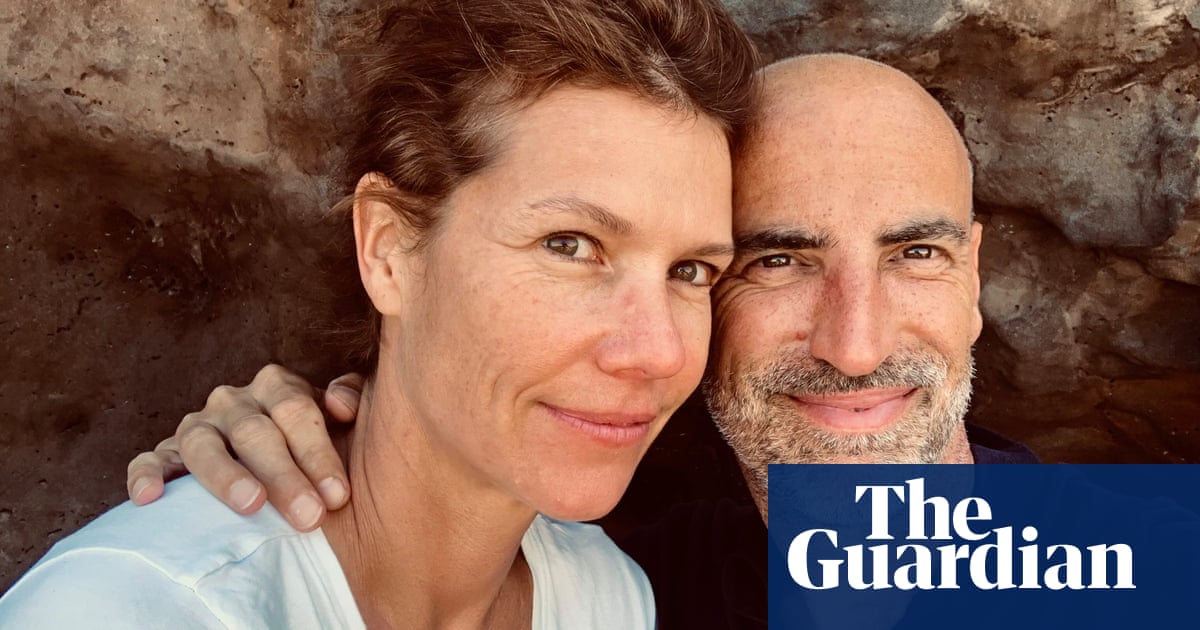
o there’s Adam up on a stage as thousands of people sit cross-legged on the grass looking up at him, like a sort of saviour figure. He’s definitely evangelising to the crowd. And he’s telling them: ‘We can do anything together, if we can imagine.’”
David Brown is recounting a story he once heard about the entrepreneur Adam Neumann, which shows him – with his picturebook Jesus looks and love of communal living – in messianic terms. Except that Neumann’s church wasn’t a church: in increasingly isolationist times, his idea was a workplace complete with buzzy startups and beer on tap. WeWork quickly became a hit, ubiquitous everywhere from New York to Nanjing, and seemingly unstoppable.
Why WeWork went wrong
Read more
The astronomical rise of the co-working giant may have had a divine feel, but faith – let alone cash – couldn’t save WeWork from the disasters that would beset it in 2019, as its value plummeted and investors seized control in a bailout. As Brown’s new podcast on Wondery, WeCrashed: The Rise and Fall of WeWork, explores, WeWork was a flawed business that played fast and loose with its employees’ time and sanity long before a catastrophic attempt to go public laid its financial deficiencies bare. One former employee recalls the late-night meetings, some of which went on into the early hours of the morning; another remembers finding a boardroom trashed and smelling of weed, commandeered by the CEO. WeWork may have looked like the coolest company around, but on the inside it was a chaotic mess – and one that was haemorrhaging cash.
Brown likens the collapse of WeWork to Enron, the infamous energy company that turned out to be an overblown, overvalued fraud. However, the journalist – who also presents the Wondery show Business Wars – doesn’t see the parallels you might expect. Neumann’s creation wasn’t a scam, but a cautionary tale of what can happen when the word “no” is never off limits. “This is a story that’s much bigger than just Adam Neumann,” he says. “This is a story about enablers. Calling him a huckster is far, far too simplistic. It doesn’t put the credit where it really belongs … and that is with everyone.”
WeCrashed is about Neumann, then, but it is also about the collective greed, madness and hubris that led investors to pump billions into the business. The details Brown recounts in the series are astounding, from the private jet Neumann bought for $60m (at a company where meat was banned for environmental reasons) to the creation of a WeWork primary school. But unlike other podcasts about companies gone bad – think Apple’s The Dropout, about Elizabeth Holmes’s fake blood-testing company, Theranos, and the recent BBC hit The Missing Cryptoqueen – WeCrashed isn’t a thriller. Rather, it is an even-handed, at times comic story that situates Neumann within a proto fake-news, post-recession era where tech success seemed infinitely possible and everyone was after the next “unicorn” – a privately held startup worth more than $1bn.
Indeed, Brown recalls how Masayoshi Son – the CEO of the Japanese company, Softbank, who put about $14bn into the company – even told Neumann to be “crazier”. This made Neumann feel anointed, says Brown. “The ‘unicorn picker’ is giving him billions to exercise that craziness – it’s a licence to take advantage of all this money that has been laid at your feet. A lot of people from the outside looking in will say, ex post facto, there was no way it was valued at what it was. In a sense it’s true, but I still think it’s too easy to let those folks who did make the big investment in it off the hook.”
Brown describes Neumann as a kid in a toy shop, but also a tragic figure, likening the situation to social media, where we “attach ourselves to bigger ideas that make us look like we’re more noble, and that we care about others. Before long, we’ve created this perfect image of ourselves online. We start to believe in it, and other people start to reward us for it. [With Neumann], everyone got caught up in that frame of mind.” Indeed, in trying to appeal to the “we”, Neumann forgot that – especially in uncertain times for WeWork – society would very much judge the “I”.
WeCrashed: The Rise and Fall of WeWork is available now
As 2020 begins…
… we’re asking readers, like you, to make a new year contribution in support of the Guardian’s open, independent journalism. This has been a turbulent decade across the world – protest, populism, mass migration and the escalating climate crisis. The Guardian has been in every corner of the globe, reporting with tenacity, rigour and authority on the most critical events of our lifetimes. At a time when factual information is both scarcer and more essential than ever, we believe that each of us deserves access to accurate reporting with integrity at its heart.
More people than ever before are reading and supporting our journalism, in more than 180 countries around the world. And this is only possible because we made a different choice: to keep our reporting open for all, regardless of where they live or what they can afford to pay.
We have upheld our editorial independence in the face of the disintegration of traditional media – with social platforms giving rise to misinformation, the seemingly unstoppable rise of big tech and independent voices being squashed by commercial ownership. The Guardian’s independence means we can set our own agenda and voice our own opinions. Our journalism is free from commercial and political bias – never influenced by billionaire owners or shareholders. This makes us different. It means we can challenge the powerful without fear and give a voice to those less heard.
None of this would have been attainable without our readers’ generosity – your financial support has meant we can keep investigating, disentangling and interrogating. It has protected our independence, which has never been so critical. We are so grateful.
As we enter a new decade, we need your support so we can keep delivering quality journalism that’s open and independent. And that is here for the long term. Every reader contribution, however big or small, is so valuable. Support The Guardian from as little as $1 – and it only takes a minute. Thank you.












